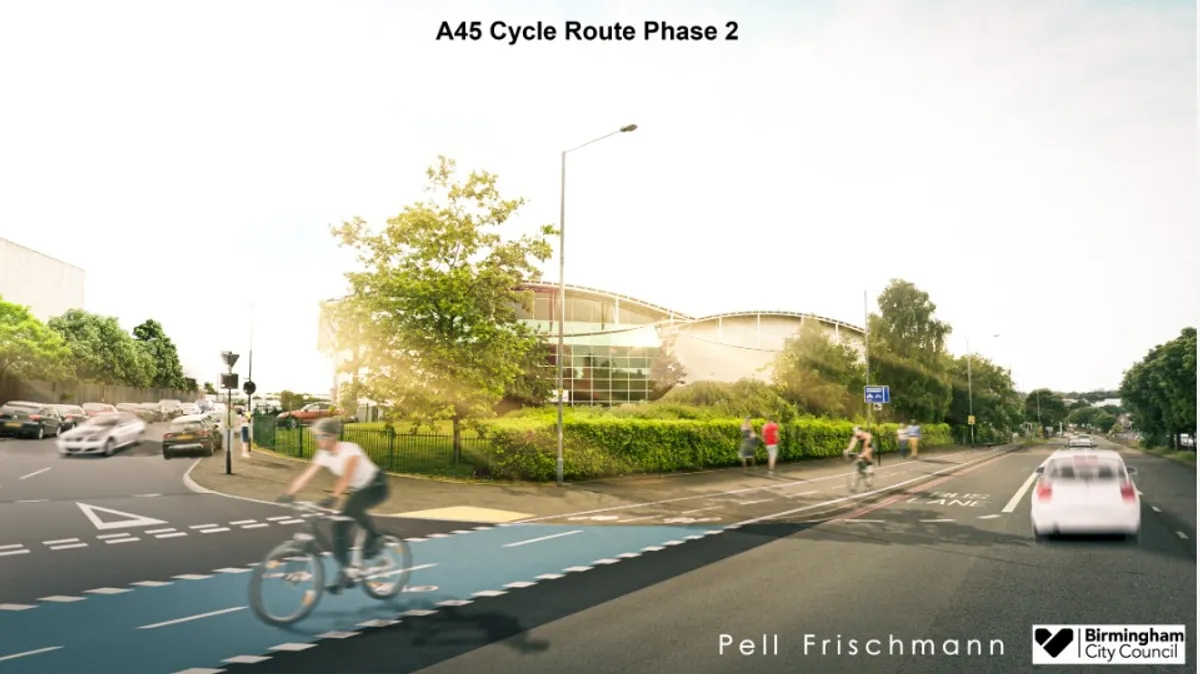By Alexander Brock
Copyright expressandstar

The Labour-run authority wants to build cycle provision along a section of the A45 Coventry Road as it looks to reduce dependency on private vehicles.
It would connect with an existing scheme that links the city centre with Oldknow Road – providing a continuous route between the city centre and Swan Island in Yardley.
The council said earlier this year that the proposals would increase ‘active travel’ along the A45 corridor; reduce collisions for pedestrians and cyclists; and contribute to decarbonisation.
But a council report revealed a majority who responded to a public consultation earlier this year were opposed to the plans.
“Overall, when asked to select their feelings towards the proposals, 26 per cent of respondents were positive in their response to the proposals,” it said.
“However, 68 per cent of respondents state they really dislike the proposal.”
Concerns raised during the consultation included existing issues with parking, delays to journey times by private vehicle, current anti-social behaviour and lack of cycling uptake following implementation of the proposals
“As part of the detailed design, comments will be reviewed and where possible changes will be introduced to the proposals to address the lack of support received,” the report said.
The council previously said residents and businesses in the area would also benefit from upgraded pedestrian and cycle crossings, additional cycle parking and more places to sit and relax.
It added in the report that transforming the city’s transport was “fundamental to meeting the challenges of the next decade and beyond”.
“Economic, population and housing growth will create additional demand for travel, which cannot be accommodated via ongoing car dependence,” the council said.
“The current transport system does not meet the needs of citizens, with those in the greatest need unable to access jobs, education and other essential services, whilst at the same time […] being exposed to poor air quality, high risk of road harm and the health impacts of low levels of physical activity.
“Responding to the climate emergency requires significant reductions in carbon emissions from transport, which cannot be achieved without a wholesale shift towards public transport and active modes.”
Cabinet members at the council have been recommended to approve the outline business case for the delivery of the proposals at an estimated cost of £14.3m at a meeting next Tuesday, October 14.
External ring-fenced grant funding has been allocated for the project.